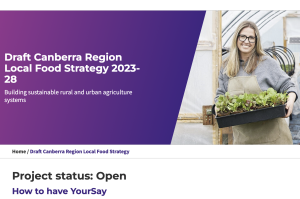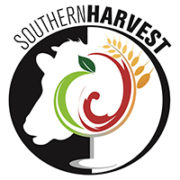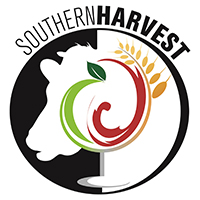Southern Harvest Association has recently provided feedback to the ACT Government Draft Canberra Region Local Food Strategy 2023-28. We appreciated the opportunity to share our thoughts with the government about this important strategy that we believe can have a hugely positive impact on our local food system. In addition to our written response, we also met with members of the department to discuss the strategy.
If you'd like to read the full draft strategy head to the ACT Your Say website.
Here are the 4 main goals as outlined in the strategy:
Goal 1: Increase local food production and consumption
Goal 2: Increase equitable access to local healthy food
Goal 3: Enhance social and economic outcomes through our local food system
Goal 4: Support sustainable urban and rural farming practices
A summary of our response is below. If you'd like to read the full document please contact hello@southernharvest.org.au
Overall SHA broadly agrees with the goals outlined in the strategy, however we do not believe that it goes far enough in its current form. We are particularly concerned about the lack of specific and measurable targets for the production and consumption of local food. We also note that the data referenced by the strategy paper is from 2012, and we would encourage the government to work with current research from local researchers, and organisations working in this space, for more up-to-date information, and would discourage the government from doubling-up on work already done in this area.
We believe that in its current form the strategy does not do enough to prioritise the needs of small-scale producers in the Capital Region.
One of the focus areas under Goal 1 is "Facilitate connections between Canberra region food producers, food retailers, and restaurants with demand for local food." We believe the best way to facilitate this is through community-run, scale appropriate infrastructure that will allow producers to share resources – facilities, knowledge, labour, and more – in order to more effectively and economically bring their products to the Canberra market.
To this end Southern Harvest Association would like to support Fiona Buining's vision of a Food Hub and associated farmer training program. Resources within this hub would be hugely beneficial to current farmers in our region, while also making it more viable for new and emerging farmers to develop new enterprises and make a living from farming.
A hub with cool room, storage, delivery dock, shared transport, pack and weigh facilities as well as further resources like a commercial kitchen and retail shop would allow for organisations like SHA to provide more produce boxes and wholesale orders for the community.
This facility could also provide a home for other community organisations such as the Canberra Environment Centre, Canberra Seed Savers Collective and Canberra City Farm and allow them the space and resources to run more education courses for backyard growers. This will "support greater collaboration between agriculture and food enterprises" as outlined in Goal 3.
–
Currently much of the community food system is volunteer-run, under-resourced and often reliant on grant monies which favour short-term projects. We would like to see a change to the funding system which moves away from short-term grants and instead provides more substantial funds that will allow high impact projects to progress.
We don't intend to rely on Government funding for ongoing operational costs. It is important that not-for-profit organisations like SHA continue to be self-sustaining over time. However we would like to see the government commit to projects that allow us (and other local food organisations) to step-up our activities beyond our current capacity to provide better services to more people in the future.–
We assert that encouraging more people to grow their food does not necessarily guarantee a significant shift in how people interact with the wider food system. If people grow a few food items at home but continue to purchase the rest of their fresh produce at the supermarket, then the systemic impact of this food strategy will be greatly reduced.
Grow-your-own initiatives must be coupled with support for local food enterprises and community education in order to transform the eating habits of Canberra residents.
We would like to address the issue of regulation and assessment of biosecurity risks (as outlined in Goal 4). Often government legislation pertaining to appropriate land use, biosecurity and food safety are focussed on the worst offenders and unintentionally impact small scale producers who pose a much much lower risk than large-scale commercial operations with elongated supply chains.
We would encourage the government to consider small-scale farms in-context and ensure they are exempt from unnecessary, burdensome and expensive regulatory requirements.
Your Content Goes Here


